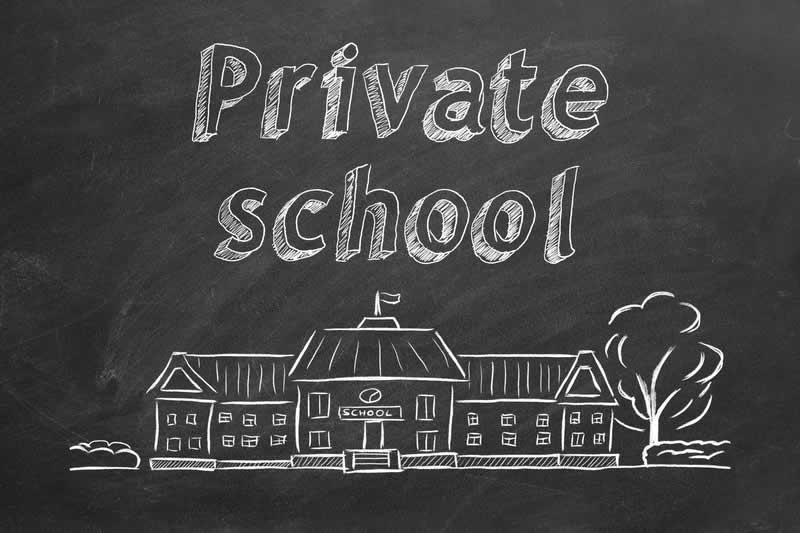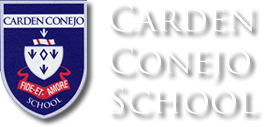
01 Sep The Facts Behind Common Private School Myths
No one knows where or when preconceived myths about private or non-sectarian schools originated. However, it’s important to be fully informed about private schools before making any decisions about your child’s education. Before you allow any preconceived notions to cloud your judgement, get the facts on the most common myths about private school.
Myth: Private School Is Only for Religious Families
Private schools containing the name of a religious denomination may be common, but that doesn’t mean that prayers, choir singing, or sermons are the norm. There are many independent private schools that are non-sectarian. These schools provide a stimulating learning environment for young minds without stressing any particular religious belief or political ideology. This makes private education accessible for students from a variety of backgrounds and beliefs.
Myth: Private School Is Too Expensive
Between the 18th and 19th centuries, private schools were the only places the wealthy would patronize. Two centuries later, private schools have evolved to provide independent education for children of families in all financial strata. While it’s commonly believed that only wealthy kids attend private school, this simply isn’t true anymore.
Private schools actively seek out students from all levels of society, and tuition assistance is available to those who need it. Some institutions also work to provide flexible payment options to make private school more affordable..
Myth: Private School Puts Too Much Stress on Students
As children start school, they may stress about fitting in with peers, keeping up in class, and behaving for their teacher—among other concerns. Many believe that private school curriculum compounds this stress by placing too high of academic standards on students. While this may be true of some schools, most private schools work to foster a comfortable and engaging learning environment.
Private schools offer smaller classes with one-on-one teaching, less bullying, and more opportunities for hands-on learning. Qualified teachers work to engage with students on their level. Less stress and greater understanding is always the goal.
Myth: Private Schools Aren’t Diverse And Inclusive
It would be wrong to state unequivocally that all private schools practice complete and transparent diversity, equity, and inclusion. However, studies show that modern private schools are becoming more diverse.
While there is still greater diversity among students enrolled in public school, private schools are shifting to embrace more students from a variety of backgrounds. In fact, private school enrollment among Hispanic and Asian students has increased in recent years. With schools making a greater commitment to enrolling children of different ethnic backgrounds, private schools are expected to continue toward greater diversity. Progress might be slow going, but the impetus is there.
Myth: Private Schools Don’t Have to Keep Up With Academic Standards
It’s true that private schools do not have to comply with the same standards and regulations as public schools, but this doesn’t mean that they are lacking academic standards. Findings from the National Center for Education Statistics, report the following:
- In standard achievement tests, independent education students scored higher than their public school counterparts.
- Private school students have tighter graduation requirements than their public school counterparts.
- Private school students stand a greater chance of obtaining a Bachelor’s degree by their early 20s than their public school counterparts.
The study noted that private school students of the lowest economic stratum obtained a Bachelor’s degree when their public school counterparts did not. The study further stated that high academic standards enticed students of any social or economic stratum to do their best, and they do. Based on these statistics, it’s clear that private schools are also committed to academic excellence in their students.
Myth: Private Schools Are Only for Gifted Students
A common misconception is that private schools only accept gifted students.While it’s true that some private schools employ teachers trained to teach gifted students, it’s not true that only gifted students attend private schools. There is an application process involved in attending private school, but this does not mean that only genius students gain entrance. There are a variety of factors that administrators look at when considering new students.
Myth: Private School Students Are Sheltered from the World
Some people believe that private schools fail to adequately prepare students for life in the real world. Despite common opinion, private school students are as open to current affairs as their public school counterparts.Preparing children to succeed outside the classroom is the goal of any private school. The children must have a solid educational basis for analyzing current events, and that starts in the classroom.
Takeaway
Myths spring from unfamiliarity and lack of education regarding a subject matter. Private schools can be affordable, provide learning opportunities to students of various backgrounds and skill levels, and strive toward furthering student success. By separating fact from fiction, you can begin to make an informed decision about your child’s education.
Want to learn more about private school? Reach out to Carden Conejo School to schedule a tour or to learn more about our elementary school curriculum.







